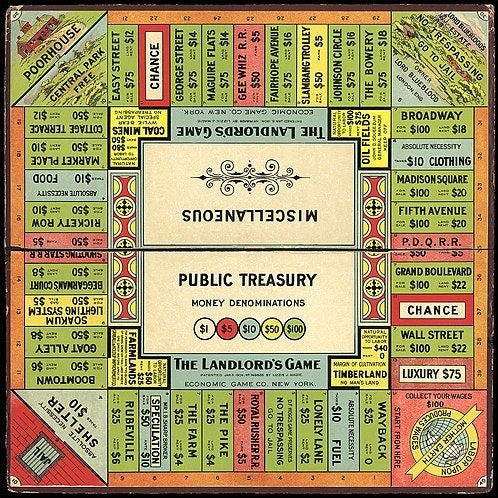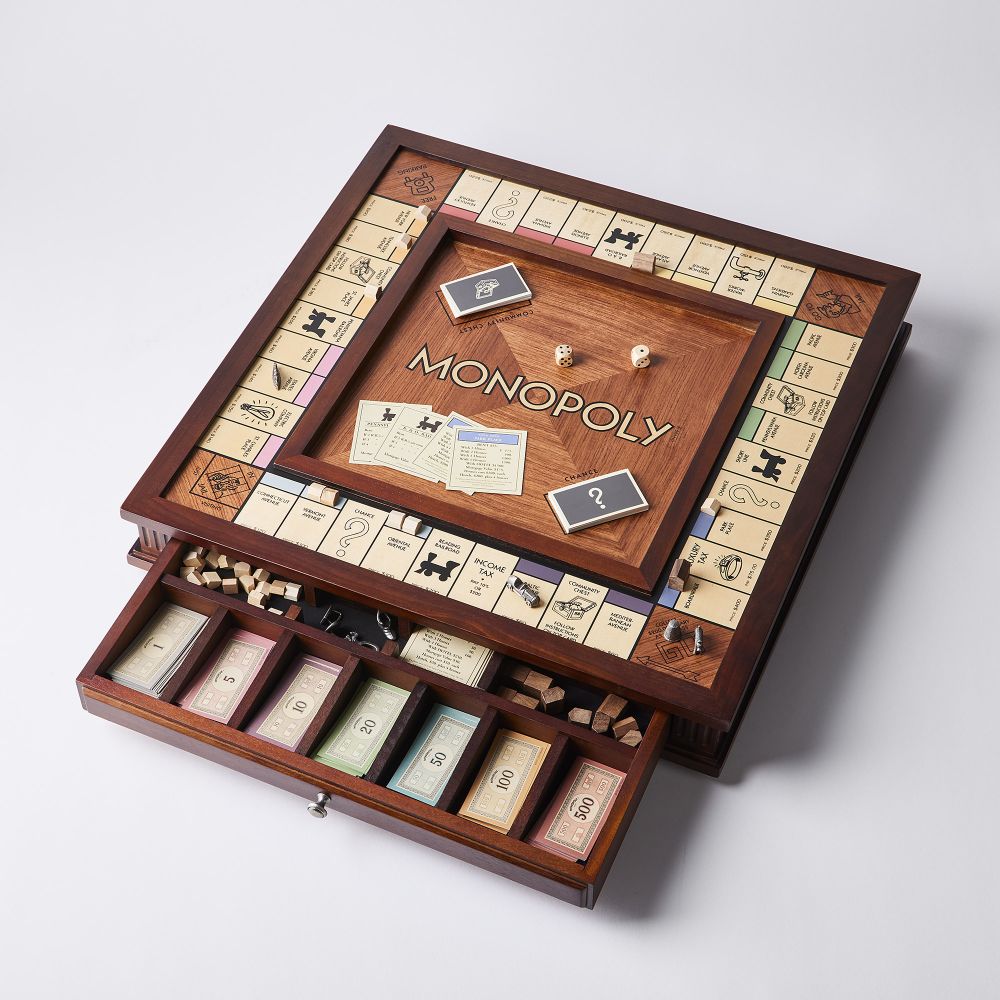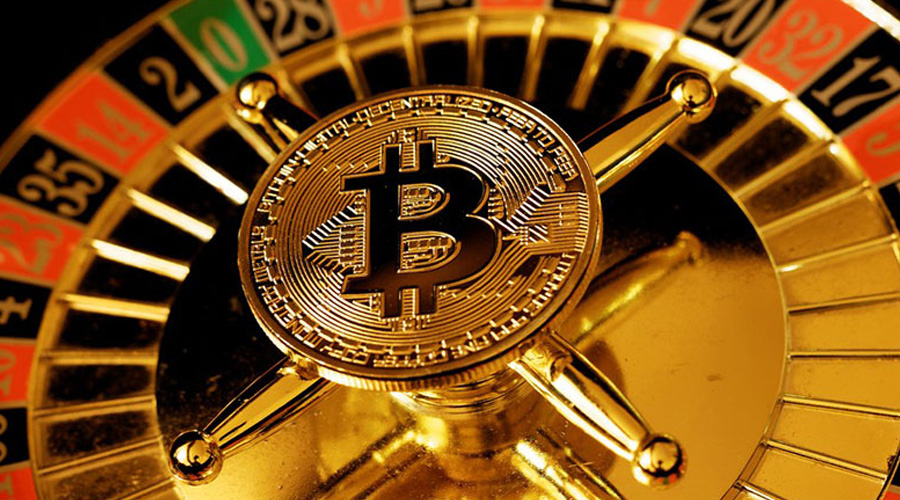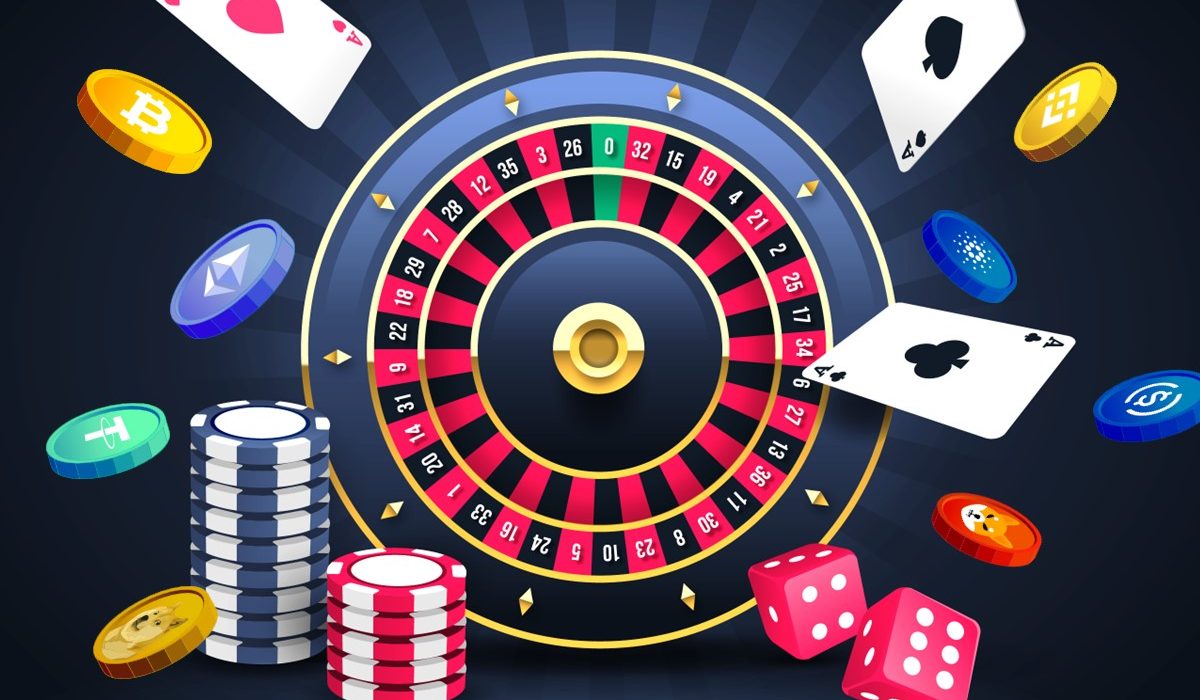
Monopoly is one of the most iconic board games in history, but its origins might surprise you. Far from being just a game of capitalism, Monopoly was born out of a protest against monopolies and an effort to teach economic lessons. Let’s uncover the fascinating story behind its rise.
1. The Birth of an Idea: The Landlord’s Game
The Creator
- Monopoly’s roots trace back to Elizabeth Magie, a progressive thinker and inventor in the early 1900s.
- In 1904, she patented The Landlord’s Game, designed to demonstrate the dangers of monopolistic practices.
The Purpose
- Magie’s game was educational, showcasing how landlords could exploit tenants and how wealth inequality could harm society.
- Players could experience both monopolistic and cooperative rules, highlighting the contrast between selfish and equitable systems.
Game Design
- The board featured properties, taxes, and a “public treasury,” elements familiar to modern Monopoly players.
2. Monopoly’s Transformation

Photo from https://food52.com/shop/products/10632-ws-game-company-heirloom-edition-wooden-board-game
A Game of Capitalism
- Over the years, The Landlord’s Game spread informally, evolving through homemade versions by enthusiasts.
- Charles Darrow, an unemployed salesman during the Great Depression, encountered the game and made his own version, which he sold as Monopoly.
Parker Brothers’ Role
- In 1935, Parker Brothers bought the rights from Darrow but later acknowledged Elizabeth Magie’s earlier work, paying her a modest $500.
- The company rebranded Monopoly as a celebration of capitalist competition, a stark departure from Magie’s original intent.
3. Monopoly in the Great Depression
A Symbol of Hope
- Released during the Great Depression, Monopoly resonated with struggling families who dreamed of wealth and prosperity.
- The game’s escapism made it a household favorite.
Customizable Gameplay
- Monopoly boards featured real estate inspired by Atlantic City, New Jersey, adding a sense of familiarity and aspiration for American players.
4. Global Expansion
World War II and Monopoly’s Role
- Monopoly gained international fame, and during WWII, it even played a surprising role in aiding prisoners of war.
- The British government used special editions of the game to smuggle maps, compasses, and escape tools to POWs.
Localization
- Monopoly has been adapted into hundreds of versions, from localized city editions to themed boards based on movies, TV shows, and video games.
5. Cultural Impact and Criticism
Cultural Phenomenon
- Monopoly has sold over 275 million copies worldwide and is available in more than 100 countries.
- It’s often played as a family pastime, but its competitive nature has also sparked intense rivalries.
Criticism
- Despite its success, Monopoly is criticized for promoting greed and cutthroat tactics.
- Ironically, it now symbolizes the very monopolistic practices Elizabeth Magie sought to critique.
6. Monopoly in the Modern Era
Digital and Thematic Editions
- The game has embraced the digital age with apps, video games, and online multiplayer options.
- Themed versions, such as Star Wars Monopoly and Monopoly for Millennials, continue to keep the game relevant.
Tournaments and World Championships
- Monopoly has become a competitive sport, with players competing in official tournaments worldwide.
if you are intrested Check this one https://thoughtfactory.online/2024/12/07/board-games-in-the-20th-century/
Edited by ChatGPT





